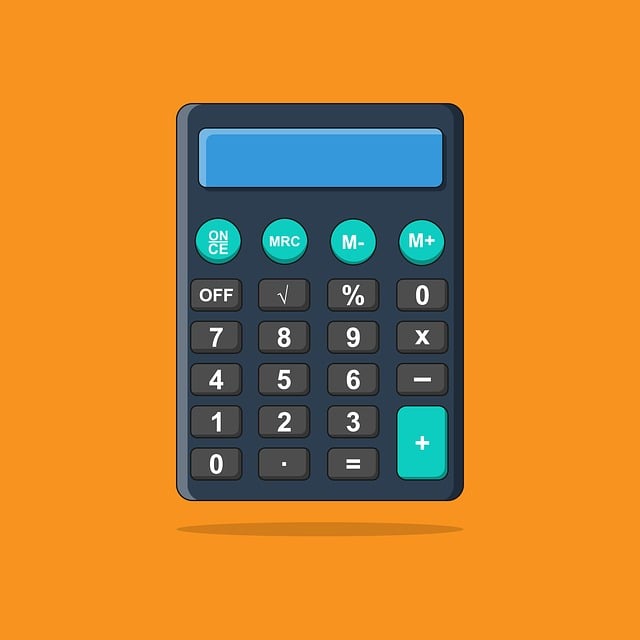Accurate financial records are vital in real estate, offering transparency and insights for informed decisions. Specialized accounting software streamlines record-keeping, while segregation of duties and bank statement reconciliation prevent fraud. Digital tools have revolutionized real estate record-keeping, saving time and enhancing decision-making efficiency.
Accurate records of income and expenses are vital for success in real estate. Effective financial record-keeping enables investors and professionals to make informed decisions, optimize tax strategies, and ensure compliance with legal requirements. This article delves into the importance of financial records in real estate, offers practical strategies for meticulous tracking, and introduces powerful tools and software designed to enhance record-keeping practices.
Understanding the Importance of Financial Records in Real Estate

In the dynamic world of real estate, accurate financial records are more than just numbers; they’re a compass guiding investors and professionals alike. These records aren’t merely about tracking income and expenses; they serve as a robust foundation for informed decision-making. By meticulously documenting every transaction, from property purchases to maintenance costs, stakeholders gain insights into the financial health of their real estate investments.
This transparency isn’t just beneficial for individual landlords or investors; it’s crucial for attracting potential buyers, tenants, and lenders. Financial records provide a clear picture of cash flow, helping to identify trends, assess profitability, and plan for future growth. In turn, this data-driven approach enables professionals to navigate the complex landscape of real estate with confidence, ensuring that every decision is grounded in solid financial footing.
Effective Strategies for Tracking Income and Expenses

Keeping accurate records of income and expenses is paramount, especially in the dynamic landscape of real estate. Effective strategies involve utilizing robust accounting software designed to handle the unique financial complexities of this sector. These tools automate data entry, categorize transactions, and generate insightful reports, ensuring every dollar is accounted for.
Additionally, implementing a strict segregation of duties principle minimizes fraud risks. Separating responsibilities for handling income collection, expense management, and record-keeping prevents any single individual from controlling the entire process. Regular reconciliation of bank statements against recorded transactions further strengthens financial oversight, enabling timely detection and correction of discrepancies.
Tools and Software to Enhance Record-Keeping Practices

In today’s digital era, the real estate industry has seen a game-changer in terms of enhancing record-keeping practices with the introduction of specialized tools and software. These innovative solutions streamline the process of accurate income and expense tracking, enabling professionals to maintain meticulous records efficiently. From property management platforms to accounting software tailored for real estate, these tools offer comprehensive features that simplify data organization.
For instance, cloud-based property management systems allow agents and brokers to input and access transaction details, rental income, and expenses from anywhere at any time. Automated expense reporting and digital invoicing further ensure that every financial aspect of a property is documented accurately and securely. This digital transformation not only saves time but also reduces the risk of human error, providing a robust foundation for informed decision-making in the dynamic world of real estate.






